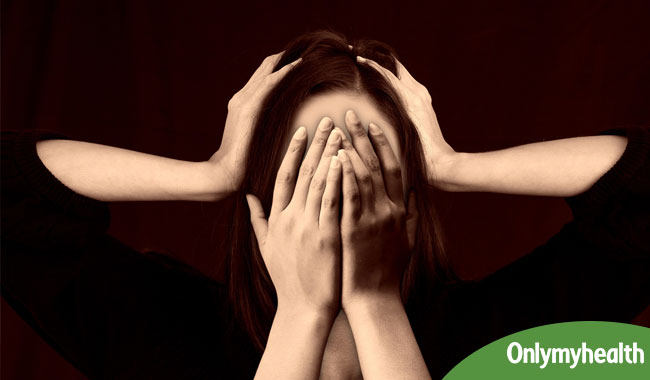
Nowadays, everyone has a basic understanding of bipolar disorder. As everything, this topic is also open to interpretations and there are many myths that cloud the judgment of people when they try to fathom the disease thoroughly. However, it is important to know the facts. This article aims at busting common myths associated with the disease and potentially increasing the understanding of a person suffering from Bipolar Disorder.
Table of Content:-
MYTH 1: Bipolar Disease is all about Mood Swings

Mood swings could be a result of multiple things including the weather, steroids, substance abuse, and the menstrual cycle. People with bipolar disorder suffer from extreme mood fluctuations, which could last for several weeks or even months. They are nothing like the blues we experience in our daily lives. They are devitalizing and the patient may end up in the hospital for a couple of days or longer. The mood swings associated with bipolar disease are extremely serious – so much so that a person becomes unable to do one’s job efficiently or manage his/her household properly. So, next time you think that your plans have been ruined or things aren’t working out as you want them to – you are not bipolar, you are just experiencing the blues.
Also Read: How to do bipolar disorder test at home
MYTH 2: People with Bipolar Disease Swing from Depression to Mania Frequently
People with bipolar disorder cannot magically transform from being sad to happy in a fraction of a second. According to various studies, an average bipolar person feels depressed more than feeling like a maniac. Sometimes a bipolar patient does not show any symptoms at all of either depression or mania. Since depression is a more common outcome of the disease, the bipolar patient might even be misdiagnosed with depression. However, this does not mean that depression and bipolar disease are the same; they are in fact, two different mental disorders.
MYTH 3: Bipolar Disease is an Uncommon Disease
According to WHO (World Health Organization), bipolar disease is one of the leading causes of disability in the world. It also has been suggested that more people are affected by Bipolar Disorder than they are with cancer. Approximately 5.7 million adults are suffering from Bipolar Disorder i.e. about 2.6 percent of the US population. So, it is a serious and widespread disease.

MYTH 4: Bipolar Disease Exists in Only One Form
There is more than one type of bipolar disease. It is broadly classified into four categories – based on different experiences and mood disturbances:
- Bipolar I Disorder: Manic episodes or major depressive episodes
- Bipolar II: Predominant depressive disorders accompanied by hypomanic episodes
- Cyclothymic Disorder: Chronic fluctuating moods involving periods of depression and hypomania
- Bipolar disorder Not Otherwise Specified: Symptoms of a manic episode and a major depressive episode, but these mood disturbances do not fit the pattern of other diagnoses
MYTH 5: There are only a Few Options for Controlling the Disease
Medication is usually the first approach adopted by bipolar patients, but that does not mean that it is the only way. Psychological therapies have also shown changes in the condition of the patients – helped minimize signs of the disease and decrease the risk of any future problems. According to experts, a combination of both is the best and the most effective way to achieve positive results.
Some ‘active’ strategies such as aerobic exercise, a healthy diet, maintaining a proper sleep schedule, and carefully examining personal behavior showing - if you notice any signs of shifts from depression to mania, then it could you overcome the disease. If you think someone around you is experiencing any such symptoms of Bipolar Disorder, then consult a professional for help.
Read more articles on Mental Health.
For more related articles, Download OnlymyHealth App.
How we keep this article up to date:
We work with experts and keep a close eye on the latest in health and wellness. Whenever there is a new research or helpful information, we update our articles with accurate and useful advice.
Current Version
